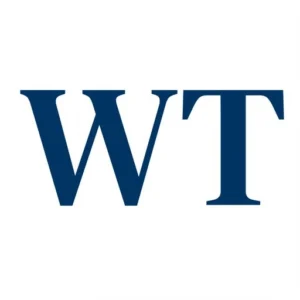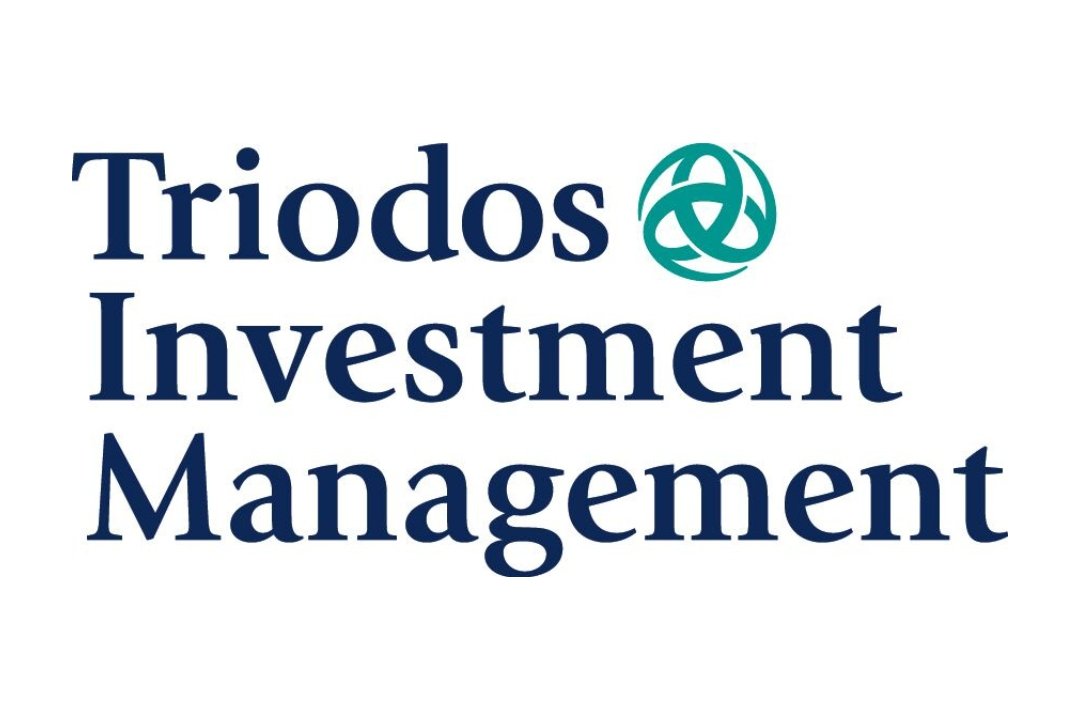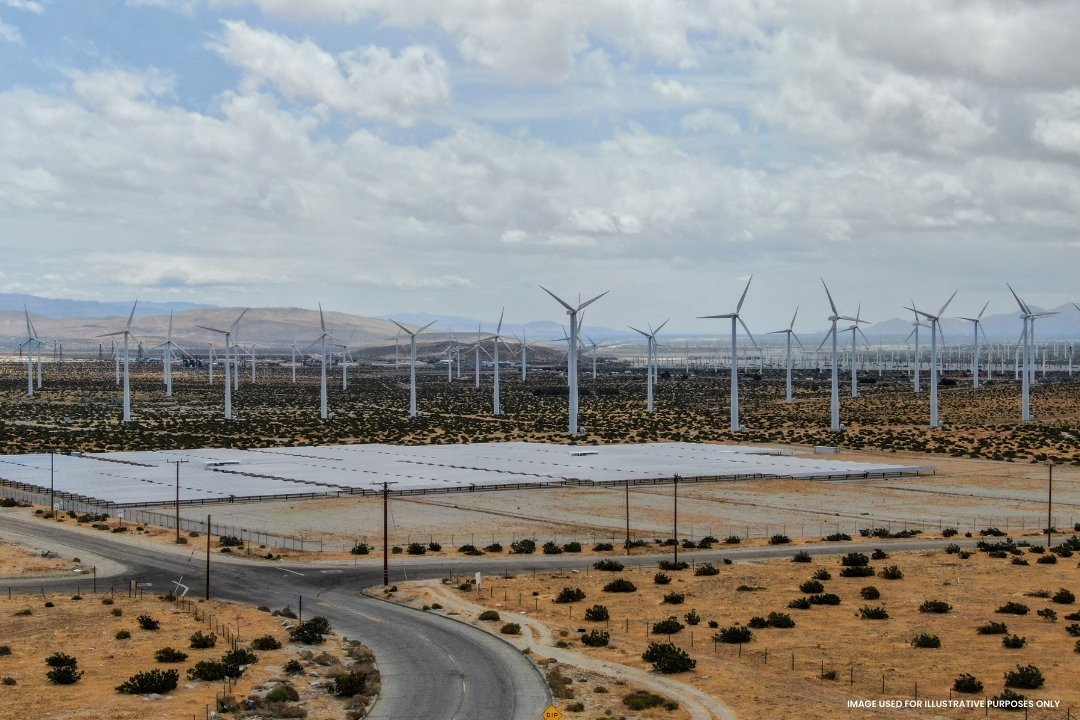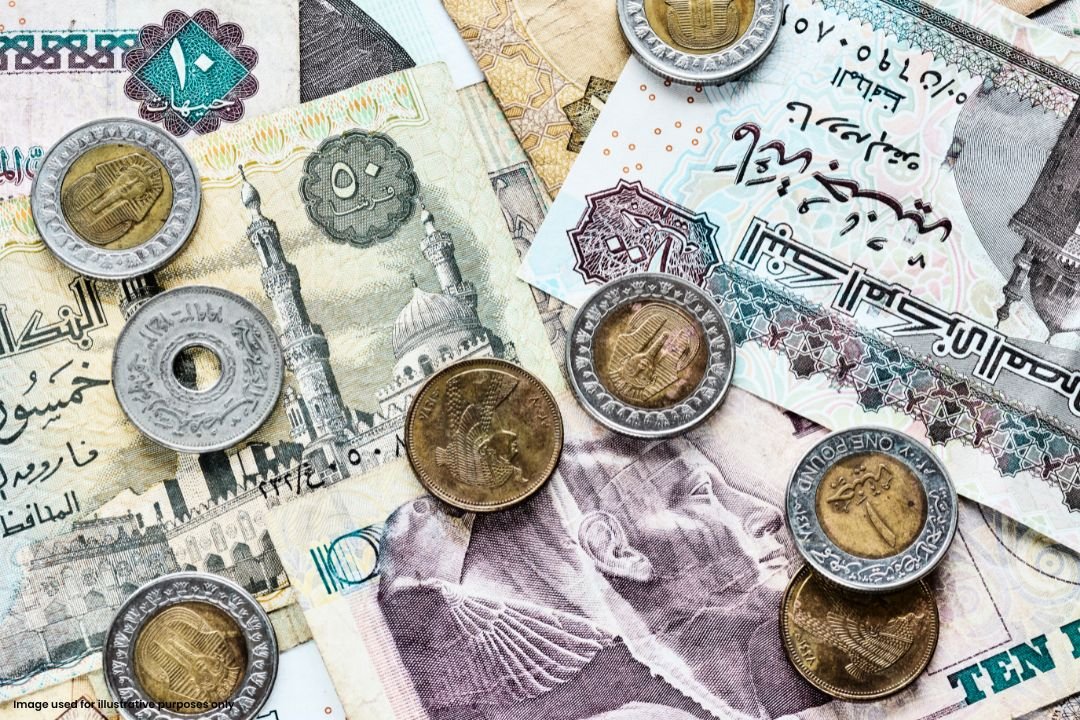
The International Monetary Fund (IMF) has warned that a combination of wars, trade tensions, mounting debt, and sluggish growth is threatening to prolong a weak economic period. This could leave nations struggling to combat poverty and address climate change.
As finance ministers and central bank leaders from nearly 200 countries get ready to gather in Washington for the IMF’s annual meetings, Kristalina Georgieva made her remarks. The World Bank, the IMF’s sister institution, will also be part of the meetings.
According to the IMF, the current rate of economic growth falls short of what is needed for countries to generate jobs, manage significant debt levels, and meet essential investment demands, particularly in the transition towards cleaner energy sources.
IMF Managing Director Kristalina Georgieva pointed to rising consumer prices, ongoing conflicts in Europe and the Middle East, and “far from good enough” growth projections for the medium term as reasons to be cautious, even though an economic soft-landing is still expected.
She also criticized how national security concerns are leading major global powers to adopt industrial and protectionist policies focused on domestic interests. While not naming them directly, Georgieva’s comments hinted at the growing tensions between the US and China.
The increase in trade barriers, she noted, “is like pouring cold water on an already-lukewarm world economy.” These disputes are happening “at a time when our forecasts point to an unforgiving combination of low growth and high debt — a difficult future,” she added.
The IMF is set to release an updated World Economic Outlook on Tuesday. Back in July, it projected global growth of 3.2% for this year and 3.3% for the next. Bloomberg Economics, however, predicted this week that the global GDP will grow by 3% this year and speed up to 3.2% in 2025.
Despite the warnings, Georgieva acknowledged that central banks have managed to get inflation under control, supply chain issues have eased, and prices for food and energy have stabilized. She also noted that labor markets in both the US and the European Union are gradually cooling down. Referring to all of this, she called it “a big achievement.”











